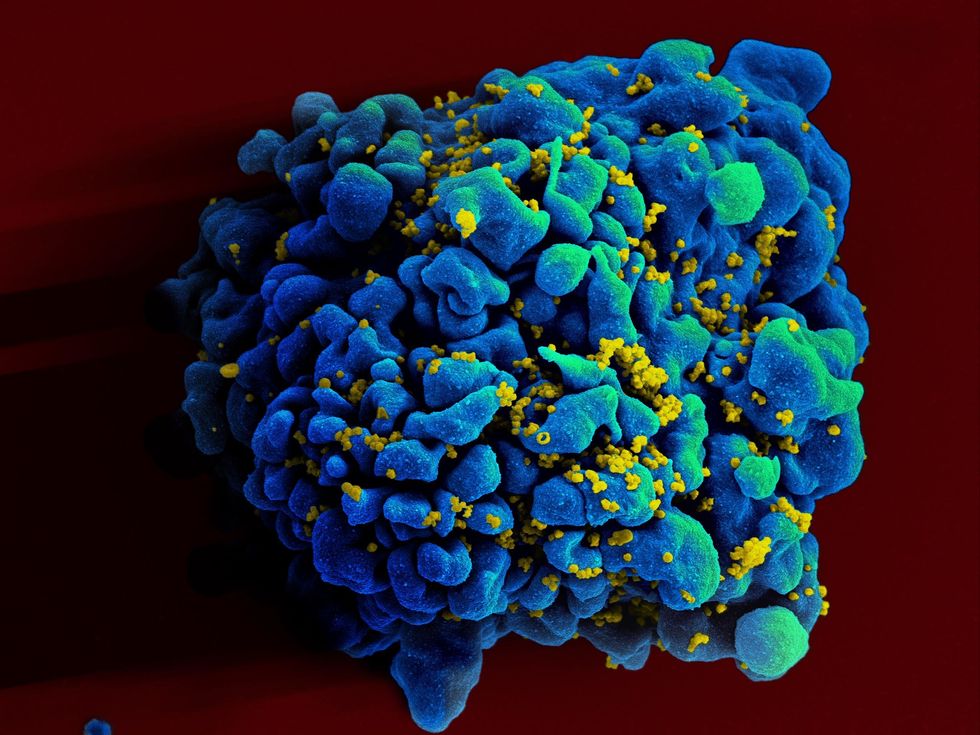Over a decade after the first man, known as the Berlin Patient, was declared HIV-free, another patient may also be cured. Though it's too early for scientists to say for sure, the London Patient has been in a long term remission for around 18 months without the help of medication. Both men were treated with a bone marrow transplant. However, these stem cells carried a rare mutation in the genes that affect the production of the CCR5 protein, which HIV viruses latch onto to enter the cell. The virus cannot latch onto the mutated version of the protein, thus blocking its entry into the cells.
With the transplant of these HIV resistant genes, the body effectively builds a new immune system free of the virus.
After the Berlin Patient went into remission, scientists tried and failed to replicate the cure and were unable to until the London Patient, whose HIV count has reduced into undetectable numbers. While this is extremely helpful, bone marrow transplants are not a viable option to cure all HIV infected people, as it is an extremely risky process and comes with many side effects. Even so, scientists are developing ways to extract bone marrow from HIV infected people, genetically modifying them to produce the same mutations on the CCR5 gene or the inability to express that gene at all, and then replacing it back into the patient so they can still build resistance without the negative effects of a bone marrow transplant. There have also been babies whose genomes have been edited to remove the CCR5 gene, allowing them to grow up resistant to HIV.
This does not eliminate the threat of the HIV virus, however.
There is another strand of the virus, called X4, that uses the CXCR4 protein to enter the cell. Even if the editing of the CCR5 allows immunity against one strand, it is possible for a person to be infected with the X4 strand of the virus. Despite this, immunization against one strand could save a countless number of lives, as well as the vaccine that is currently in the stages of development for HIV. Along with the London Patient, there are 37 other patients who have received bone marrow transplants, six of which from donors without the mutation.
Of these patients, number 19, known as the Dusseldorf Patient, has been off anti-HIV drugs for 4 months. It may not be a complete cure, but it is definitely a step in the right direction.






 The minimum wage is not a living wage.
StableDiffusion
The minimum wage is not a living wage.
StableDiffusion
 influential nations
StableDiffusion
influential nations
StableDiffusion












